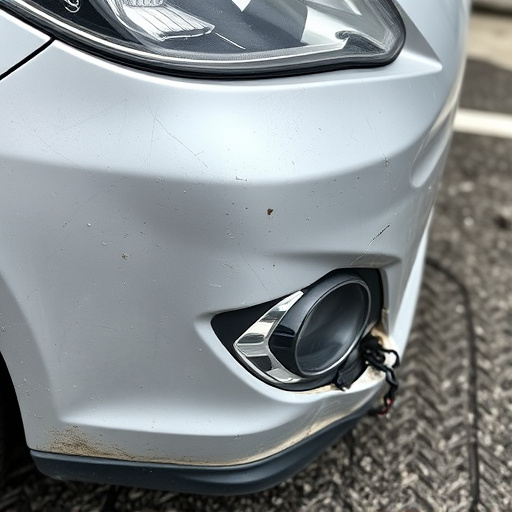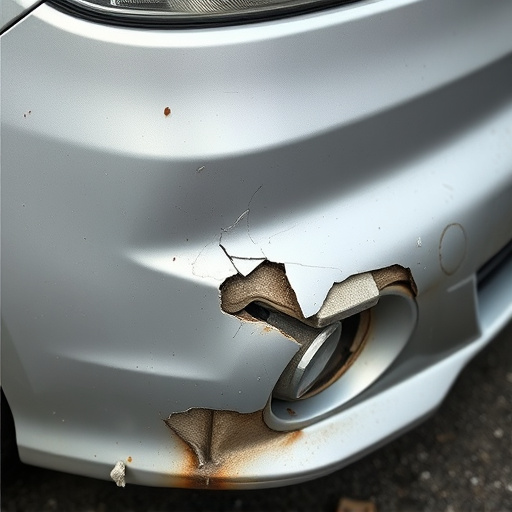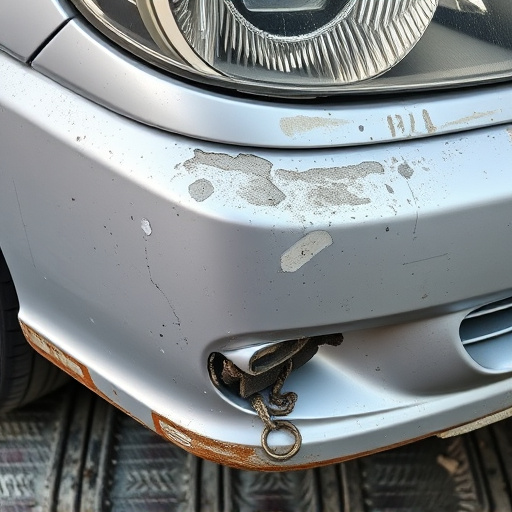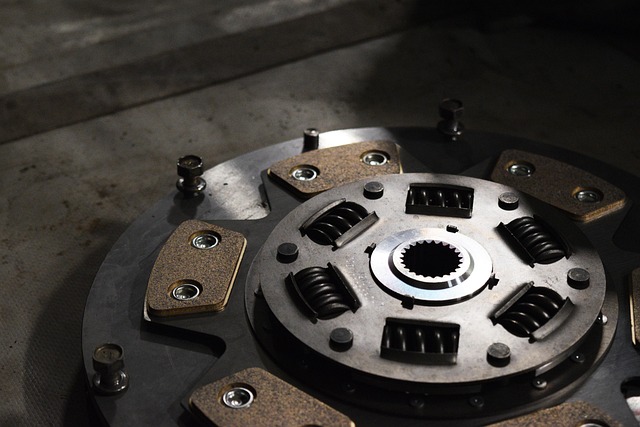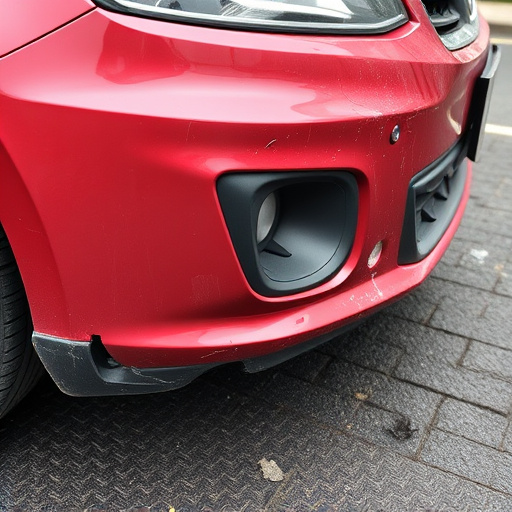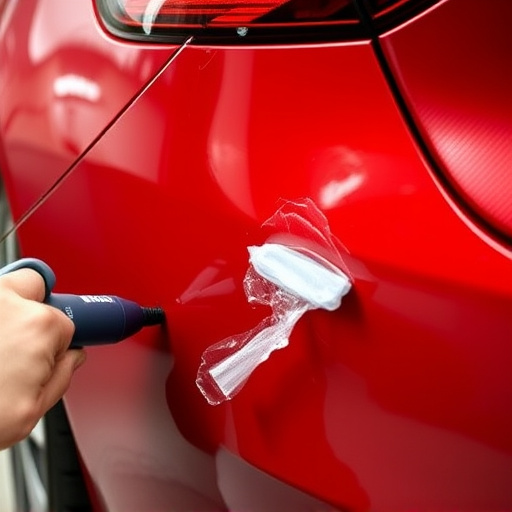Managing body shop turnaround times is crucial for customer satisfaction and loyalty in the auto body services sector. Customers expect swift service, and quick repairs enhance the experience, solidifying a collision center's reputation as a reliable option. To meet expectations, streamline operations with efficient workflow management, automate tasks, optimize scheduling, invest in training programs, and implement just-in-time inventory systems for faster turnaround times and improved customer satisfaction.
In the competitive beauty industry, minimizing body shop turnaround time is key to enhancing customer satisfaction. Understanding the importance of every minute in a client’s experience can significantly impact business success. This article delves into crucial metrics defining body shop turnaround time and explores its direct correlation with customer expectations. We also present effective strategies to optimize this process, ensuring happier customers and fostering long-term loyalty. By focusing on these tactics, body shops can revolutionize their service, making every interaction memorable.
- Understanding Body Shop Turnaround Time Metrics
- Customer Expectations and Their Impact on Satisfaction
- Strategies to Improve Turnaround for Better Customer Experience
Understanding Body Shop Turnaround Time Metrics

In the realm of auto body services, understanding body shop turnaround time is pivotal for fostering customer satisfaction and loyalty. Metrics such as the average repair time, lead-time reduction, and efficient workflow management are key indicators of a collision center’s performance. By quantifying the time it takes to transform a car dent repair into a flawless restoration, businesses can set service standards and communicate these expectations clearly to their customers.
Efficient body shop turnaround times not only reflect on the quality of auto body services but also significantly impact customer experience. Prompt repairs reduce the inconvenience caused by vehicle immobilization, saving clients time and potentially earning their repeat business. In today’s competitive market, where customers are spoilt for choice, a swift and reliable collision center—one that can swiftly address issues like car dent repair—can set itself apart as a game-changer in the industry, ensuring its place at the forefront of customer preference.
Customer Expectations and Their Impact on Satisfaction
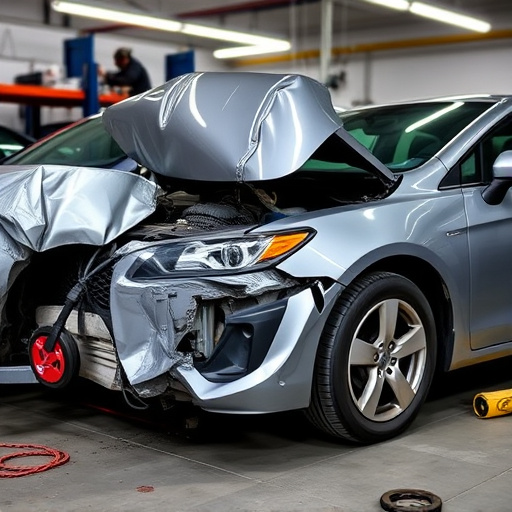
In today’s fast-paced world, customers have come to expect swift and efficient service across various industries, including body shops offering car repair services or vehicle repair solutions. The rise of digital expectations means that clients are well-informed and empowered to demand quick turnaround times for their car bodywork needs. This shift in customer expectations has significantly influenced the way body shops operate and measure success, with a strong focus on minimizing delay.
When a body shop fails to meet these expectations regarding its turnaround time, it can directly impact customer satisfaction levels. Delays in repairing and returning vehicles can frustrate clients, leading to negative perceptions of the service provided. Therefore, managing turnaround time effectively is crucial for maintaining a positive reputation and ensuring customers continue to choose the body shop over competitors offering similar car repair services or vehicle repair solutions.
Strategies to Improve Turnaround for Better Customer Experience

To enhance customer satisfaction, body shops must prioritize improving their turnaround time for vehicle repairs. One effective strategy is to streamline operations by implementing efficient workflow management systems that automate tasks, reduce manual errors, and optimize scheduling. This ensures that vehicles are promptly attended to, parts are ordered efficiently, and technicians have the necessary tools and information readily available.
Additionally, investing in training programs can significantly enhance turnaround time. Educating staff on best practices for car collision repair, vehicle dent repair, and vehicle paint repair techniques not only improves the quality of work but also enables technicians to complete tasks faster. Employing a just-in-time inventory system for parts and materials further reduces delays caused by stock management issues, ensuring that repairs are carried out promptly with minimal wait times for customers.
Body shop turnaround time plays a pivotal role in shaping customer satisfaction. By understanding key metrics, managing customer expectations, and implementing strategies to optimize process efficiency, businesses can significantly enhance the overall customer experience. Investing in these areas not only improves customer retention but also fosters loyalty, ensuring a thriving and successful body shop operation.



